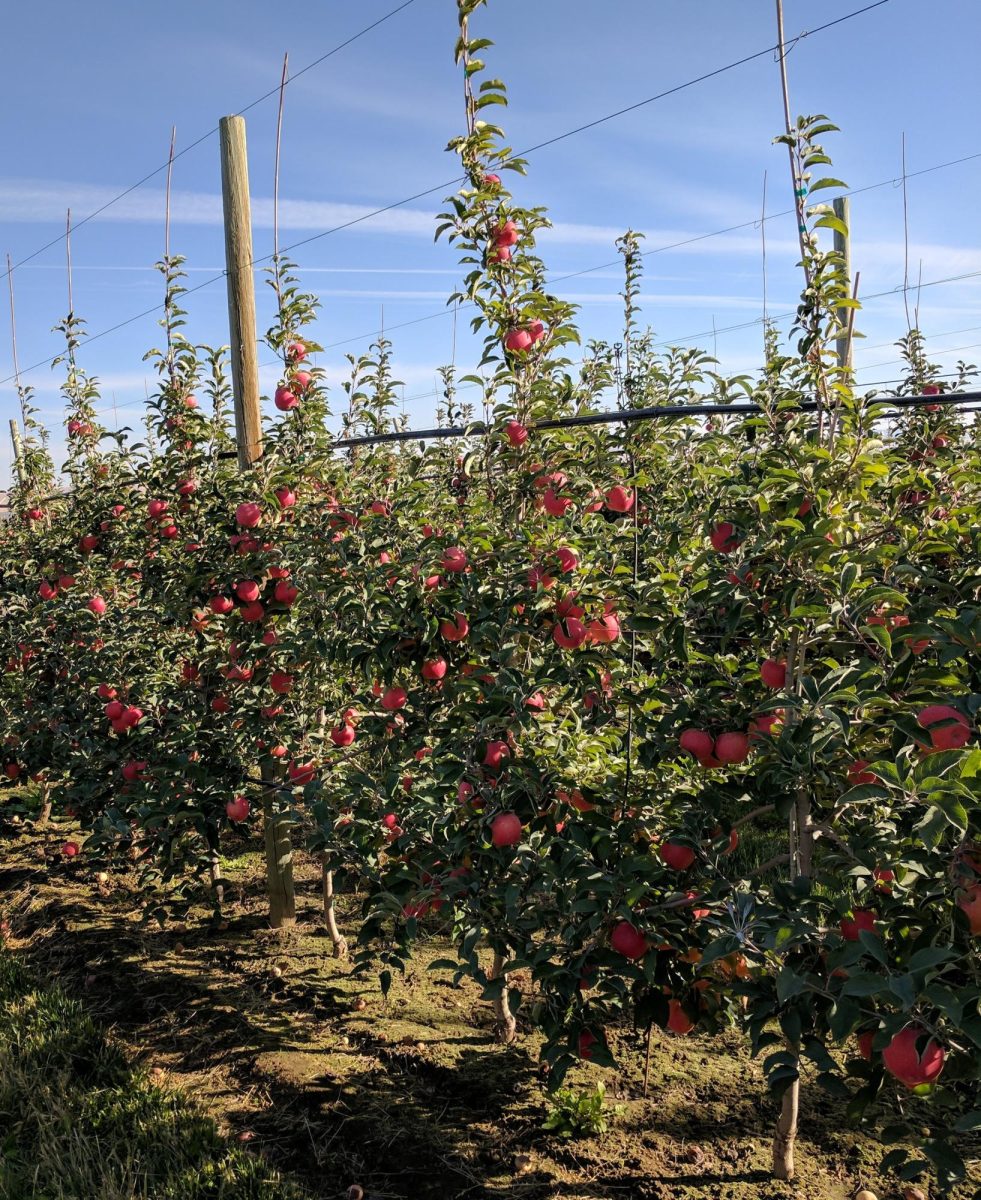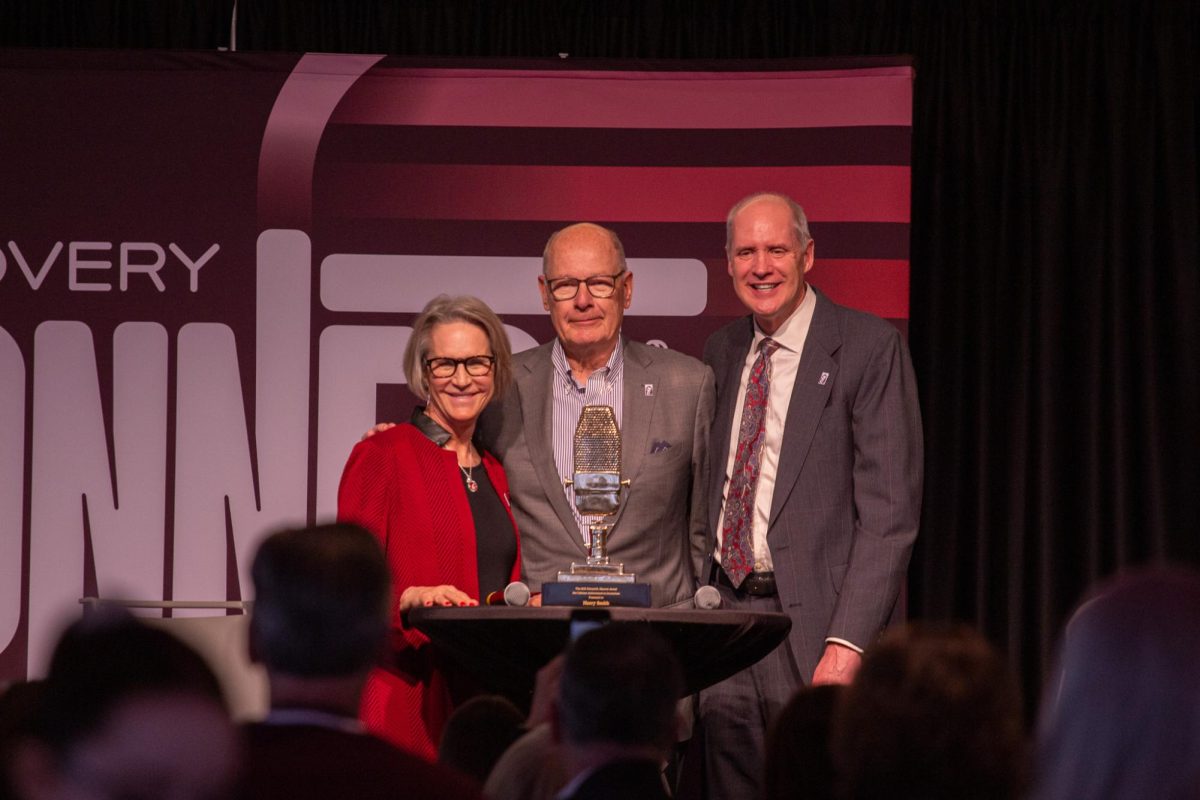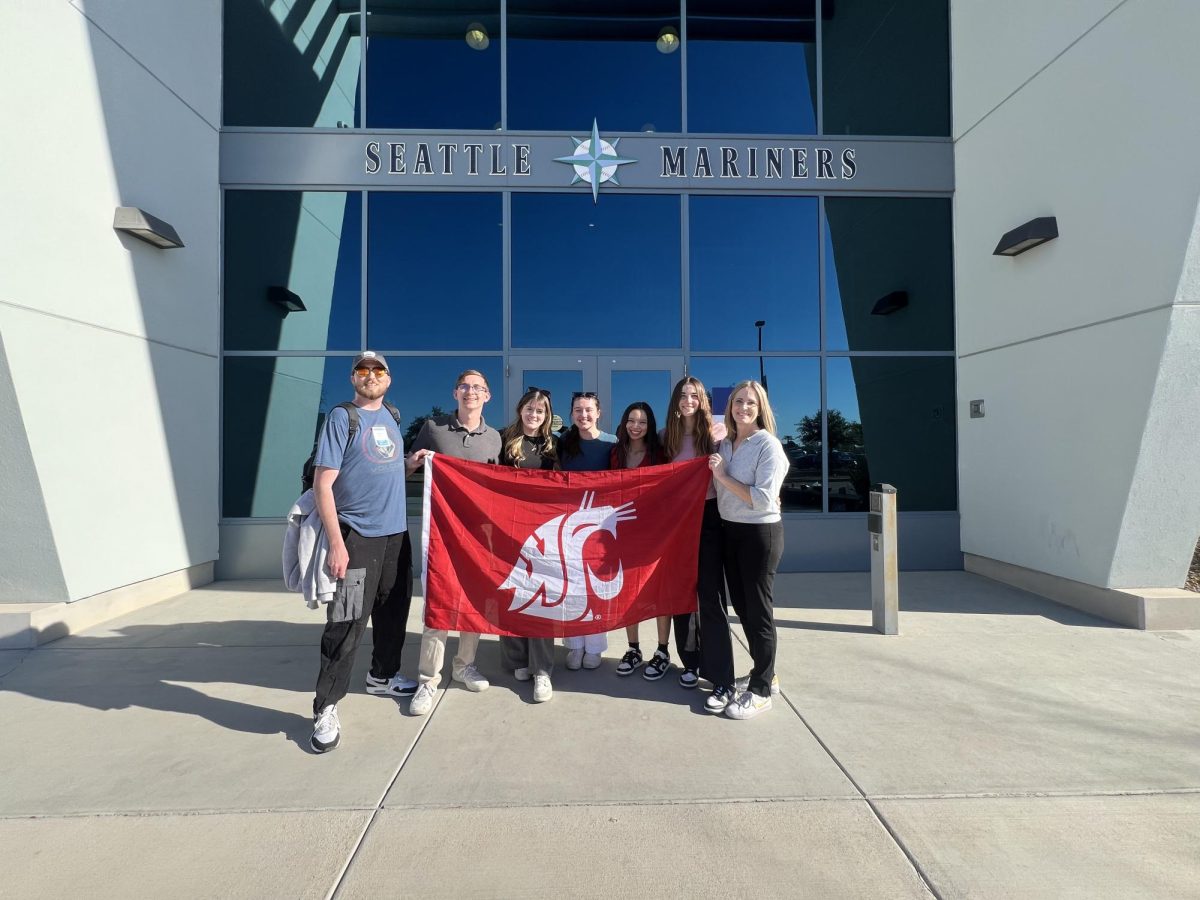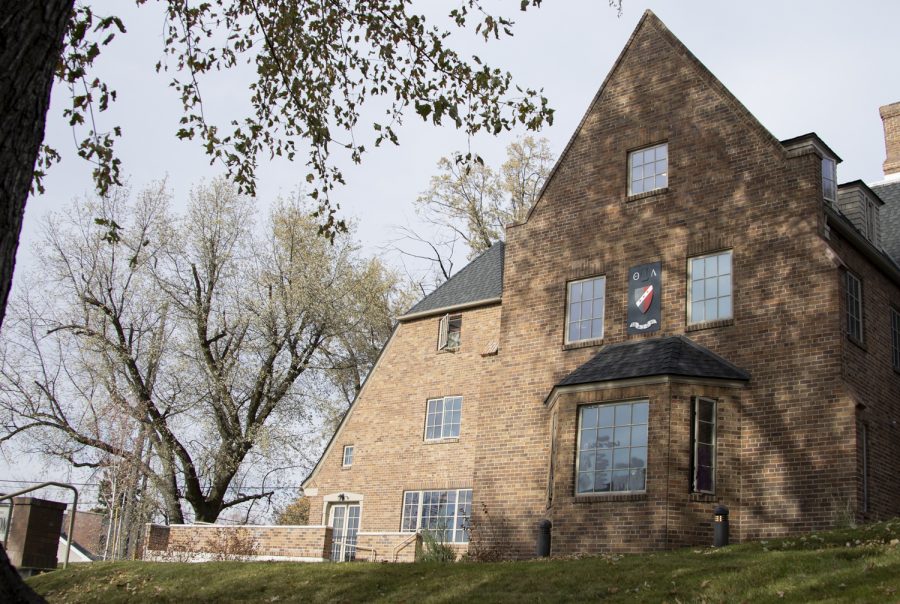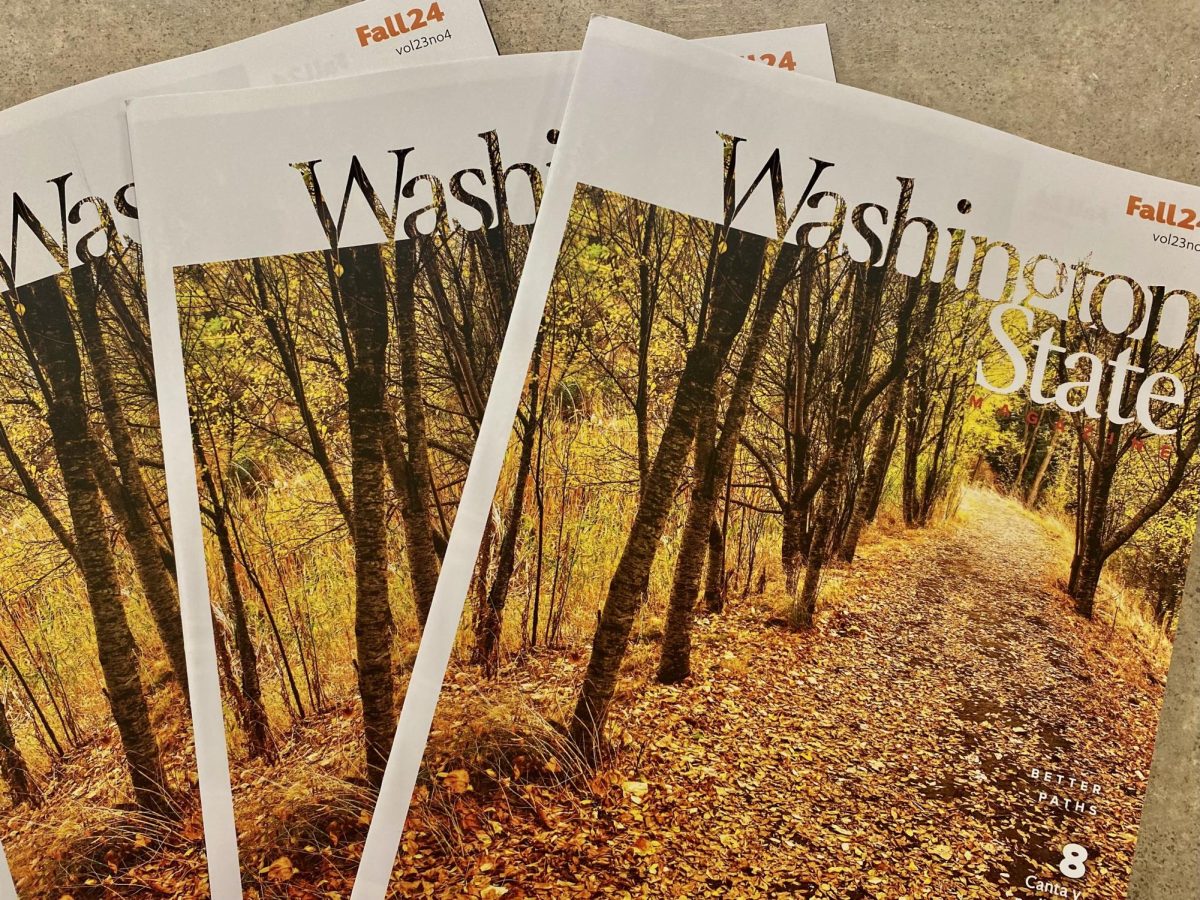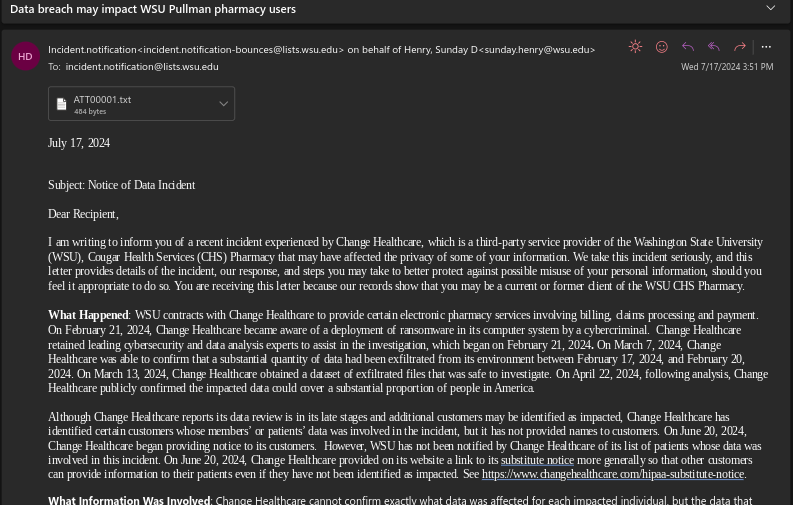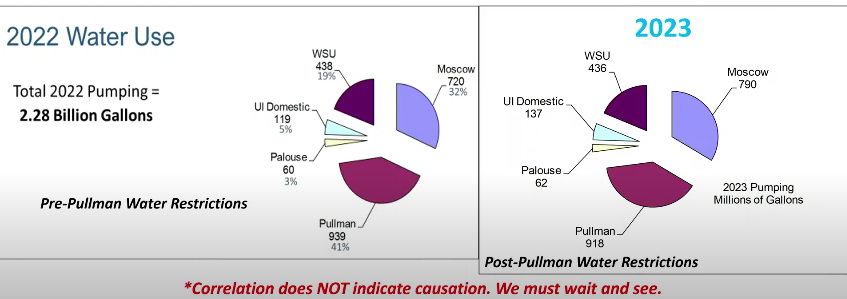The WSU apple breeding program has released WA 64 which is expected to hit grocery stores by 2029.
WA 64 is a hybrid between the popular Cripps Pink, an apple that falls within the Pink Lady family, and the Honeycrisp apple, said horticulture professor Kate Evans, who is in charge of WSU’s apple breeding program. WA 64 is a mix between pink and red, on a yellow background.
“It has a crisper lighter bite than the Pink Lady, but it’s still crunchier than the Honeycrisp and it has a really nice blend of flavors from both apples,” said Jeremy Tamsen, CAHNRS innovation and commercialization director. “It has an intermediate tartness and sweetness that tends to be well balanced.”
Apple breeding and selection takes place in three main phases, Evans said. WA 64 first hybridized in 1998 and since then has been undergoing different phases of evaluation.
Evans said the process starts with a unique seedling, in this case the cross-hybridization between the Cripps Pink and Honeycrisp apples. Each round begins with vegetative clones of the initial individual that are then evaluated to see which trees produce the best seedlings.
More copies of the original seedlings means more fruit production, she said. This enables Evans and her team to get better information to help decide which one of the original thousands of seedlings is good enough for commercial release.
“Right now we are looking for a commercial partner to help us to scale up and provide access to Washington growers,” Tamsen said.
Similar to WSU’s Cosmic Crisp variety, the WA 64 version will only be grown in Washington State, Evans said.
Funding for the WSU apple breeding program for the first 20 years came from a levy payment that Washington State Apple growers gave to the program, Evans said. In return, the new varieties of apples are only grown within Washington State to give growers a competitive advantage.
Alongside a competitive advantage, new apple breeds give Washington State growers equal access to production, and WA 64 provides fresh alternatives to already existing fruit, Tamsen said.
“We try to raise awareness of the breeding program and its products by making sure that they [Washington growers] have tastings, which are main events where we get a lot of growers, ” Evans said.
Evans said they are inviting growers to come learn and look at the new breed of apple by having field days and two more are scheduled throughout September, Evans said. Along with field days, Evans said she interacts with her stakeholders and works with an advisory committee consisting of growers.
WSU makes money off of inventions and discoveries like the WA 64, Tamsen said. This money along with grower dollars will continue to fund research activities and support the work that growers are doing to produce WA 64 and the Cosmic Crisp apple.
“The more often that we are successful, the more that we galvanize those relationships that we have that we rely upon for our Apple programs specifically,” Tamsen said.
The breeding program is always moving forward, evaluating and researching potential new varieties of fruit, Evans said.
Although WA 64 does not have a commercialized name yet, Tamsen said that is next on their to-do list.


